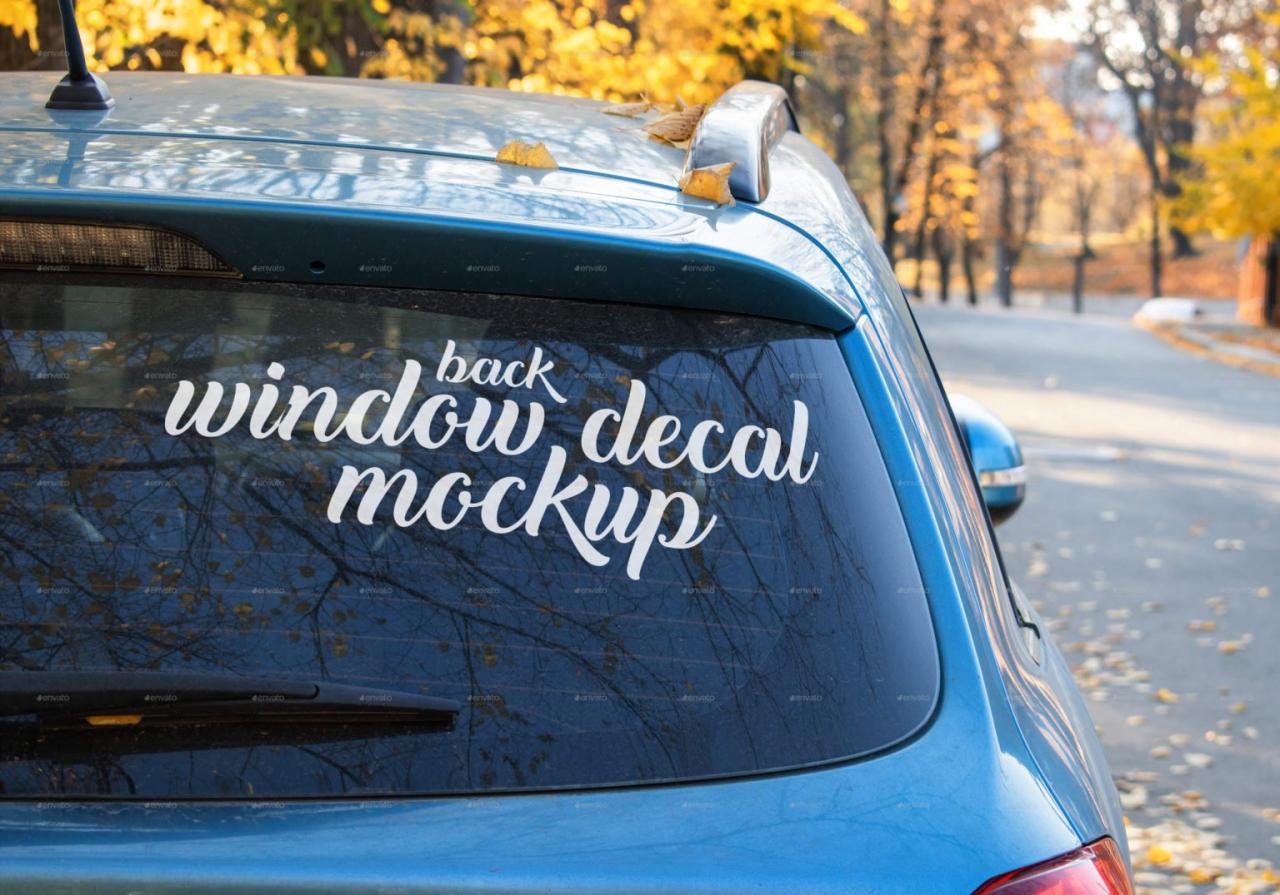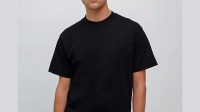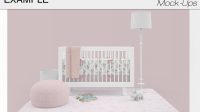
Window Decal Mockup: A Comprehensive Guide to Enhance Your Marketing Campaigns
Introduction: The Power of Visuals in Marketing
In today’s competitive marketing landscape, businesses are constantly seeking innovative ways to captivate their target audience and leave a lasting impression. Visual marketing, particularly through eye-catching visuals, has emerged as a powerful tool to achieve these objectives. Window decals, with their versatile applications and ability to transform ordinary glass surfaces into dynamic marketing canvases, have become an essential element in any marketer’s arsenal.
What is a Window Decal Mockup?
A window decal mockup is a digital representation of how a window decal will appear when applied to a glass surface. It allows businesses to visualize the final product before making the investment in production. By incorporating realistic textures, reflections, and lighting effects, mockups provide a highly accurate simulation of how the decal will look in its intended environment.
Why Use Window Decal Mockups?
Window decal mockups offer numerous benefits for businesses:
-
Enhanced Visualization: Mockups enable businesses to see exactly how their decals will appear in real-world settings, eliminating any surprises or disappointments after production.
-
Accurate Design Decisions: By visualizing the decal in context, businesses can make informed decisions about design elements such as colors, fonts, and sizes, ensuring a polished final product.
-
Time and Cost Savings: Mockups help businesses avoid costly and time-consuming revisions and reprints by allowing them to identify any potential issues before production begins.
-
Effective Marketing: By showcasing high-quality mockups in marketing materials, businesses can generate excitement and create a sense of anticipation for the actual decals, building buzz and increasing brand awareness.
How to Create a Window Decal Mockup
Creating a professional window decal mockup involves several essential steps:
-
Choose the Right Design: Start by designing your window decal in a graphics editing software. Consider the intended messaging, colors, and overall aesthetic that aligns with your brand identity.
-
Select a Realistic Mockup Template: Utilize a high-quality mockup template that offers realistic textures and lighting effects. Ensure that the template matches the dimensions and shape of your actual window.
-
Import Your Design: Import your decal design into the mockup template using the appropriate layers. Adjust the position, scale, and perspective as needed to ensure a natural fit.
-
Apply Effects and Adjust Lighting: Use the mockup’s built-in tools to apply realistic effects such as reflections, shadows, and highlights. Adjust the lighting to match the desired environment, creating a cohesive and immersive visual.
-
Preview and Finalize: Preview the completed mockup to assess its accuracy and make any necessary adjustments. Save the high-resolution image for use in marketing campaigns or presentations.
Tips for Effective Window Decal Mockups
To maximize the impact of your window decal mockups, consider the following tips:
-
Use High-Resolution Graphics: Employ high-quality images and vector graphics to ensure sharp and vibrant designs that will translate well in print.
-
Match the Context: Choose a mockup template that best represents the intended placement of the decal, considering factors such as window size, lighting conditions, and surrounding environment.
-
Showcase the Value Proposition: Highlight the unique benefits and value proposition of your window decal in the mockup. Consider incorporating slogans, call-to-actions, or other messaging that conveys its purpose.
-
Consider Multiple Perspectives: Create mockups that showcase the decal from different angles and distances to provide a comprehensive view of its appearance.
-
Emphasize the Details: Pay attention to details such as trimming, edges, and overall craftsmanship to convey the high quality of your decals.
Applications of Window Decal Mockups
Window decal mockups find application in various marketing and design scenarios:
-
Marketing Materials: Showcase decals in brochures, flyers, and social media campaigns to generate interest and build anticipation.
-
Sales Presentations: Use mockups to visually demonstrate the impact of decals on different window surfaces, enhancing credibility and persuasion.
-
Online Stores: Display mockups on e-commerce websites to provide customers with a realistic preview of the decals before purchasing.
-
Portfolio and Case Studies: Include mockups in design portfolios and case studies to demonstrate the versatility and effectiveness of your decal designs.
Conclusion: The Essential Role of Window Decal Mockups
Window decal mockups have become an indispensable tool for businesses seeking to enhance the impact of their visual marketing campaigns. By providing a realistic preview of how decals will appear in real-world settings, mockups empower businesses to make informed design decisions, optimize marketing materials, and create a positive brand experience for their customers. Embrace the power of window decal mockups to transform ordinary glass surfaces into dynamic marketing canvases that captivate your audience and drive business growth.
FAQ: Window Decal Mockups
Q1: What software can I use to create window decal mockups?
A1: Various software options are available for creating window decal mockups, including Adobe Photoshop, Sketch, Figma, and online mockup generators.
Q2: Where can I find high-quality mockup templates?
A2: Numerous websites and marketplaces offer ready-made mockup templates specifically designed for window decals. Some popular options include Envato Elements, Creative Market, and Mockup World.
Q3: How do I ensure a realistic look and feel in my mockups?
A3: Utilize high-resolution graphics, apply realistic effects such as reflections and shadows, and consider different lighting conditions to create a cohesive and immersive visual representation.
Q4: How can I maximize the impact of my window decal mockups?
A4: Showcase the decal’s value proposition, consider multiple perspectives, emphasize details, and use mockups consistently across various marketing materials.
Q5: What factors should I consider when choosing a mockup template?
A5: Consider the window size, shape, and intended environment to ensure the mockup accurately represents the real-world application of the decal.





